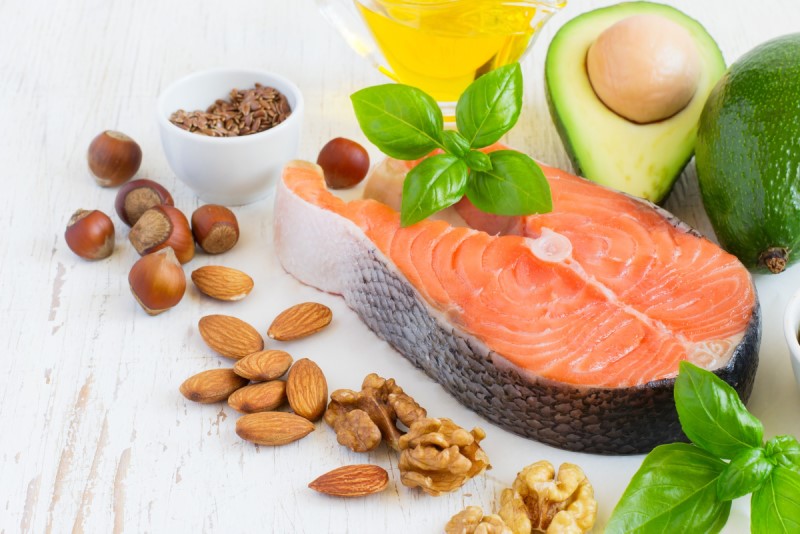A group of researchers from the Guangdong University of Technology led by Professor Allan Zhao have recently discovered that omega-3 fatty acids can reduce the risk of diabetes. The study was featured in The Journal of Clinical Investigation.
Type 1 diabetes is an autoimmune disease that affects children and young adults. The pancreas stops producing insulin and the body fails to regulate sugar levels. After years of study, the researchers found that eating omega-3 fatty acids will slow down the destruction of insulin-producing cells.
Twenty years back, researchers found that fish oil could treat the conditions associated with diabetes. It is common knowledge that fish oils are rich in polyunsaturated fats such as omega-3 fatty acids. This information only solidifies the findings of the researchers of the Guangdong University of Technology.
Foods High in Omega-3
According to health organizations, a minimum of 250 to 500 mg of omega-3 is required daily to stay healthy. These can be obtained from foods like fish and shellfish. For fish, the best sources of omega-3 are mackerel, salmon, and cod liver oil.
Mackerel is a small fish known to be rich in nutrients. One hundred grams of this fish contains 5 134 milligrams of omega-3. It also contains other important nutrients such as vitamin B12 and selenium. Above all, the Mackerel is tasty and easy to cook.
If you want to boost up your immune system, there’s nothing more effective than salmon. This fish contains 2 260 milligrams of omega-3 in 100 grams. It also contains a large amount of magnesium, potassium, selenium and vitamins. Eating salmon can also lower the risk of cardiovascular diseases, depression and diabetes.
Extracted from cod fish, cod liver oil is rich in vitamin D and vitamin A. There are 2 664 milligrams of omega-3 in just a single tablespoon. Omega-3 is also found in shellfish such as oysters. These are both known to contain the highest amount of zinc and other important nutrients like copper and vitamin B12. Each 100 grams of oysters contain 672 milligrams of omega-3. Other foods rich in omega-3 are: sardines, anchovies, flaxseeds, walnuts and soybeans.
Managing Blood Sugar Effectively

While the study suggests that omega-3 fatty acids can help reduce the risk of diabetes, nutritionists and other health experts stress that eating a balanced diet is the most important thing you can do. For those who suffer from diabetes, blood sugar management is an essential and compulsory task. A balanced diet can help manage blood sugar effectively and avoid long-term complications caused by diabetes.
Dr. Marc Salomon, a specialized Physician in Cardiovascular diseases and preventive medicine, stated that digital applications are changing the way patients and their physicians manage their health. “There are many tools for measuring blood sugar. However, there are few, reliable tools that accurately measure nutrition”.
DietSensor is an innovative nutritional tracking tool for chronic disease management, weight loss, and overall health and wellness. The solution comes with a mobile app and personalized coaching that helps individuals better manage their nutrition by providing accurate and easily accessible nutritional support. With the mobile app and coach, you can create a personalized nutrition plan comprised of meal plans and targeted macro nutrient intake goals.
Let DietSensor help you eat smart, and stay balanced.




